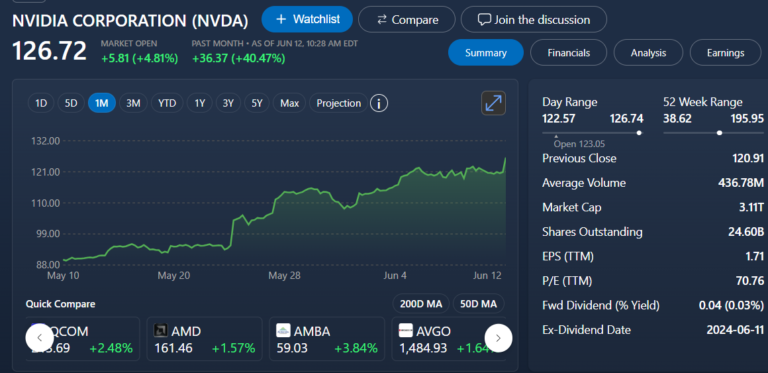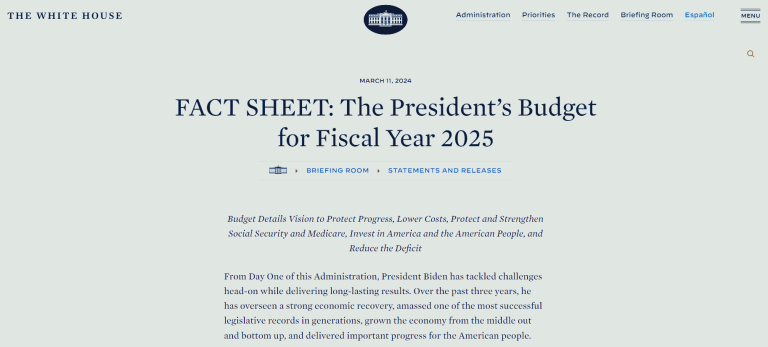Worst States for Investors With Long-Term Capital Gains

Investing is a strategic way to build wealth, but it’s important to consider the impact of taxes on your returns. Long-term capital gains taxes, levied on investments held for more than one year, vary widely from state to state. In this article, we will explore the states with the highest long-term capital gains taxes, potentially impacting your investment decisions.
Understanding Long-Term Capital Gains Tax
Long-term capital gains tax is a tax on the profit from the sale of an asset held for more than a year. The rate at which these gains are taxed can significantly affect your net worth and investment strategy. Most states, along with the federal government, levy this tax, but the rates can differ greatly.
The Role of State Taxes in Investment Decisions
Investors must account for state-level taxes when assessing potential returns. States with higher taxes can diminish returns significantly, making them less attractive for high-value investments.
States with the Highest Long-Term Capital Gains Taxes
Here, we list the states considered the worst for investors based on their top long-term capital gains tax rates. Note that these rates are particularly relevant for higher income brackets.
California: The Golden State’s Tax Burden
High long-term capital gains tax rate: 13.3%
California tops the list with a 13.3% tax rate on capital gains exceeding $1 million. The state is known for its hefty tax burdens, especially on its wealthiest residents. Investors in California also face a new payroll tax, further increasing the tax impact on high earners.
New York: High Taxes in the Empire State
High long-term capital gains tax rate: 10.90%
New York is another state with a significant tax burden, charging a 10.90% tax on capital gains for incomes over $25 million. However, even lower incomes face substantial taxes, with rates starting at 6.21% for earnings over $21,400 for single filers.
Minnesota: Equal Tax Treatment for Gains
High long-term capital gains tax rate: 10.85%
In Minnesota, long-term capital gains are taxed at the same rates as short-term gains and ordinary income. High earners face an additional 1% tax on investment income over $1 million, pushing the top tax bracket to 10.85%.
New Jersey and Washington, D.C.: Comparable High Rates
High long-term capital gains tax rate: 10.75%
Both New Jersey and the District of Columbia impose a 10.75% tax on capital gains for income exceeding $1 million. These rates apply equally to all taxable income, affecting investors significantly.
Oregon: A Less Generous Bracket Structure
High long-term capital gains tax rate: 9.9%
Oregon offers narrower tax brackets, with a 9.9% rate applied to single filers earning over $125,000. The state’s minimum tax rate is 6.75%, applied to incomes as low as $3,750 for single filers.
Massachusetts: The Millionaire Tax
High long-term capital gains tax rate: 9.0%
Massachusetts recently implemented a millionaire tax, requiring a 4% surtax on earnings over $1 million. This places a heavier burden on investors with significant capital gains.
Vermont: Regular Income Taxation and Exclusions
High long-term capital gains tax rate: 8.75%
Vermont taxes long-term gains as regular income but offers a tax exclusion up to $5,000. The rates range up to 8.75% for higher income brackets.
Hawaii: Lower Burden on Investors Than Workers
High long-term capital gains tax rate: 7.25%
Hawaii taxes all capital gains at a flat rate of 7.25%, which is lower than the tax rate on earned income, potentially benefiting investors over typical earners.
Maine: Uniform Taxation Across Income Types
High long-term capital gains tax rate: 7.15%
Maine taxes long-term gains at the same rates as earned income, with a top rate of 7.15% for higher income brackets. The state does not provide lower rates for smaller investment incomes.
Washington State: Honorable Mention
High long-term capital gains tax rate: 7.0%
Washington State taxes certain long-term capital gains above $250,000, though it does not tax earned income. This unique structure merits attention, despite the state not making the top of the list.
When planning investments, it’s crucial to consider the tax implications in your state. States with higher capital gains taxes can significantly impact potential returns, making them less attractive for investment purposes. Before committing to investment decisions, especially in high-tax states, consider consulting with a financial advisor to navigate these tax complexities effectively.





